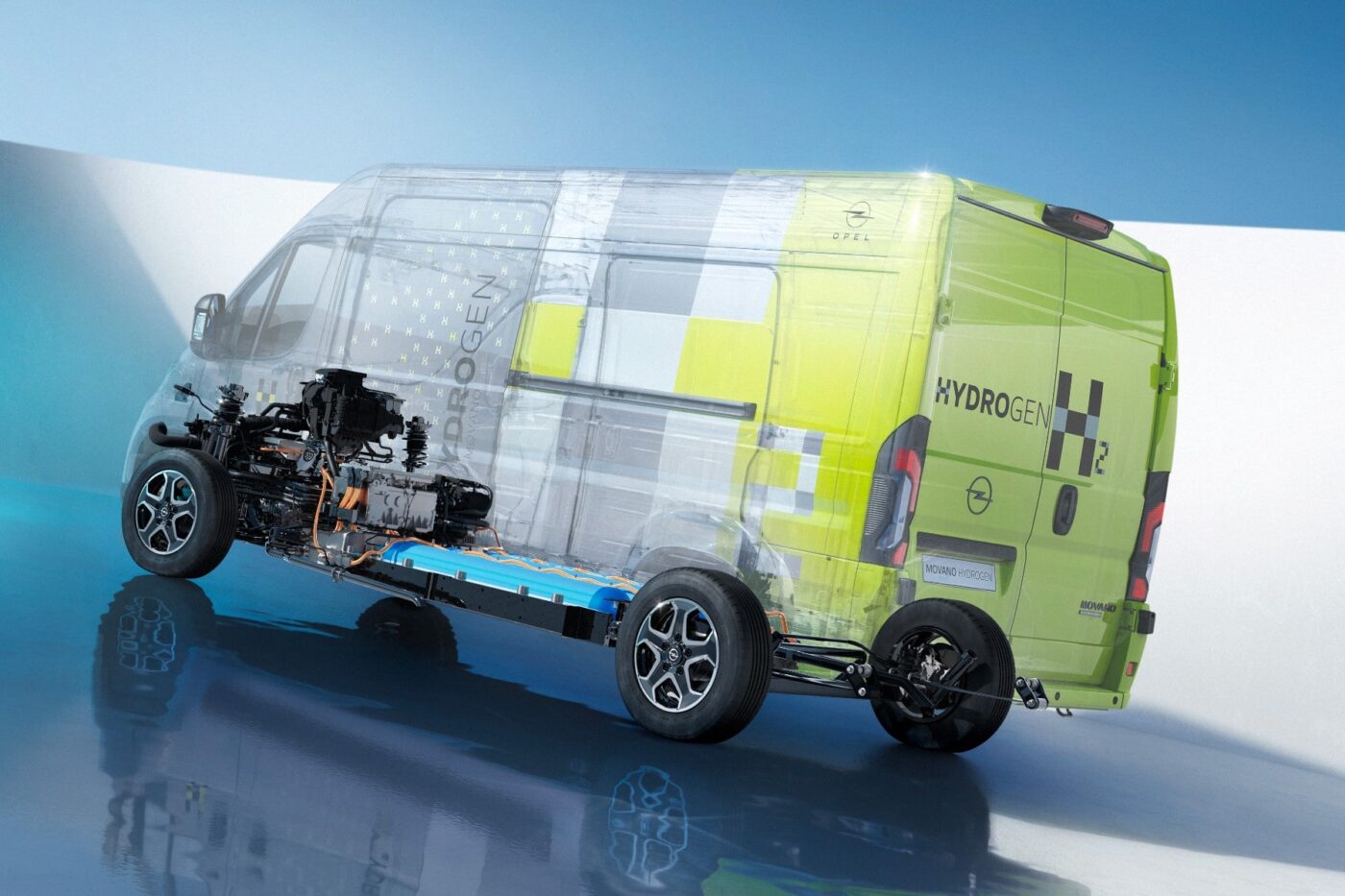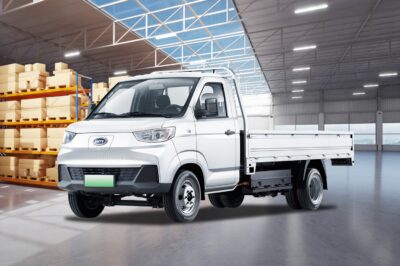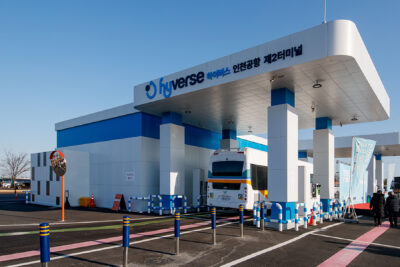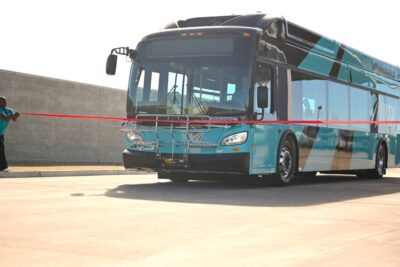Stellantis cancels hydrogen plans for the UK
Product Manager Fedele Ragusa told the British fleet portal Fleet News: “It is not the right time to push hydrogen. There is no investment in incentives and infrastructure, so we are not pushing it commercially.” This is a departure from the previous strategy: as recently as April 2024, Jean-Michel Billig, head of the Group’s hydrogen programme, forecast a market share of up to 40 per cent for H2 vans.
In addition to combustion engines and a battery-electric drive, Stellantis also offers a variant with a fuel cell in some van models and only started series production of the medium-sized and large FCEV vans at the beginning of 2024. Production is based at the plants in Hordain, France, and Gliwice, Poland – although there are also right-hand drive versions for the British market, these are not built on the island (despite van production in the UK).
In the medium-sized vans (Citroën ë-Jumpy, Fiat Professional E-Scudo, Opel/Vauxhall Vivaro and Peugeot E-Expert), a second generation of the fuel cell system is to provide a range of up to 400 kilometres and a refuelling time of less than four minutes. According to Stellantis, the large models (ë-Jumper, E-Ducato, Movano and E-Boxer) have a range of up to 500 kilometres and a refuelling time of five minutes. With this data, Stellantis has hoped for demand from customers who want to drive electrically but without the charging times of the battery-electric versions.
However, without a sufficient network of filling stations and favourable (subsidised) hydrogen prices, the use of fuel cell vans will be more difficult, if they are used in a company fleet at all, due to the even higher purchase price. What exactly Product Manager Ragusa means by “not pushing it commercially” is not clear from the text, so it remains to be seen whether the models will soon no longer be available in the UK or whether Stellantis is not investing in sales and marketing activities relating to hydrogen.
The effects on other markets are also unclear, as the hopes once placed in hydrogen are currently not being realised in other countries either. In Paris, Stellantis was a partner in the H2 taxi project Hype, which recently completed a radical strategic shift towards battery-electric taxis.





3 Comments